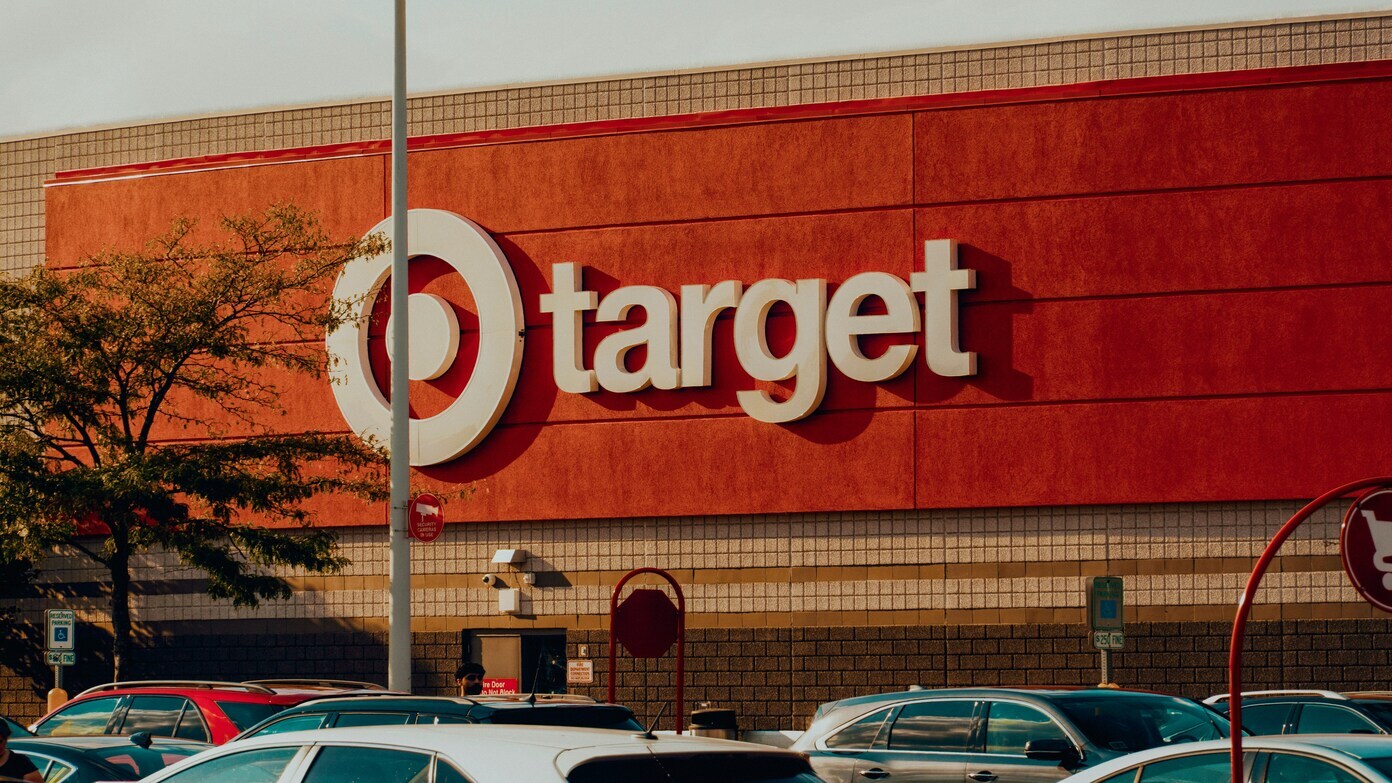Target is preparing for a major leadership change as longtime CEO Brian Cornell steps down after 11 years at the helm. Beginning February 1, 2026, Michael Fiddelke — a 20-year Target veteran who began his career as an intern—will take the top job. His promotion comes at a pivotal moment for the retailer, which is grappling with slumping sales, strategic missteps, and backlash over its diversity and inclusion policies.
A lifelong target insider
Fiddelke is no outsider parachuting in to shake things up. He joined Target two decades ago as a summer intern and worked his way through finance, merchandising, and operations roles before becoming chief operating officer. His deep knowledge of the company’s culture and operations was a key factor in the board’s decision to select him from what outgoing CEO Cornell described as “a strong list of internal and external candidates.”
Cornell, who will remain as executive chairman, praised Fiddelke as “the right candidate to lead our business back to growth,” citing his experience across Target’s core functions and his track record of delivering results.
Taking the helm in a retail slump
Fiddelke inherits a company under significant pressure. Target has posted three straight quarters of declining sales, and its stock is among the worst performers in the S&P 500 this year. Once hailed as one of the most innovative brick-and-mortar retailers, Target is now struggling to attract shoppers who are spending more on essentials at rivals like Walmart and Costco.
More than half of Target’s merchandise is discretionary — apparel, home goods, electronics — categories that have taken a hit as inflation squeezes wallets. In contrast, Walmart generates about half of its sales from groceries, giving it a more resilient revenue stream.
DEI backlash and strategic stumbles
Target’s challenges aren’t purely economic. Earlier this year, the company pulled back on its diversity, equity, and inclusion (DEI) programs, angering loyal shoppers and even members of the Dayton family, Target’s co-founders. Rev. Jamal Bryant, who led a boycott of the retailer, described the retreat as “a stark betrayal,” saying it drove customers to competitors.
The controversy compounded broader strategic missteps. After overbuying during the pandemic and struggling with unsold inventory, Target has lost its reputation for spotting consumer trends early and delivering the “cheap chic” merchandise that once set it apart.
Mixed reaction to fiddelke’s appointment
Some analysts have criticized Target’s board for choosing an insider to succeed Cornell. Neil Saunders of GlobalData Retail said the decision “does not necessarily remedy the problems of entrenched groupthink and the inward-looking mindset that have plagued Target for years.” Investors also appeared skeptical, sending Target shares down 10% in premarket trading after the announcement.
Supporters, however, argue that Fiddelke’s long history with the company and his understanding of both its strengths and weaknesses will help him hit the ground running. Unlike an outsider who might spend a year learning the business, Fiddelke already knows where the problems lie.
Fiddelke’s plan for a turnaround
On a call with analysts, Fiddelke acknowledged Target is “not realizing our full potential right now” and outlined his vision for reviving growth. His strategy includes introducing more trend-driven products, investing in technology, and improving the in-store experience. A new initiative called “Fun 101” will focus on bringing fresh, buzzworthy merchandise to Target shelves, particularly in electronics and home goods.
Fiddelke also promised to handle tariffs carefully, raising prices only as a last resort. Target has already adjusted its product mix to soften the impact of higher import costs, which hit the company harder than competitors like Walmart because about half of Target’s goods are imported.
Can he bring the target back?
Whether Fiddelke can steer Target back to its former glory remains to be seen. Cornell revitalised the company in his early years, remodelling stores and strengthening online sales, but those gains have eroded. Analysts are divided over whether Target’s problems are temporary or structural — and whether an insider CEO can truly reset the company’s course.
For now, Fiddelke is promising action, not excuses. “We must improve,” he told analysts, signalling that his tenure will be defined by how quickly he can reconnect Target to its once-loyal shoppers.
Read this later:
Trader Joe’s bringing back the mini-totes that resold for $500 and they cost just $2.99
Powerball jackpot hits highest level of 2025 and stands at well over half a billion dollars

